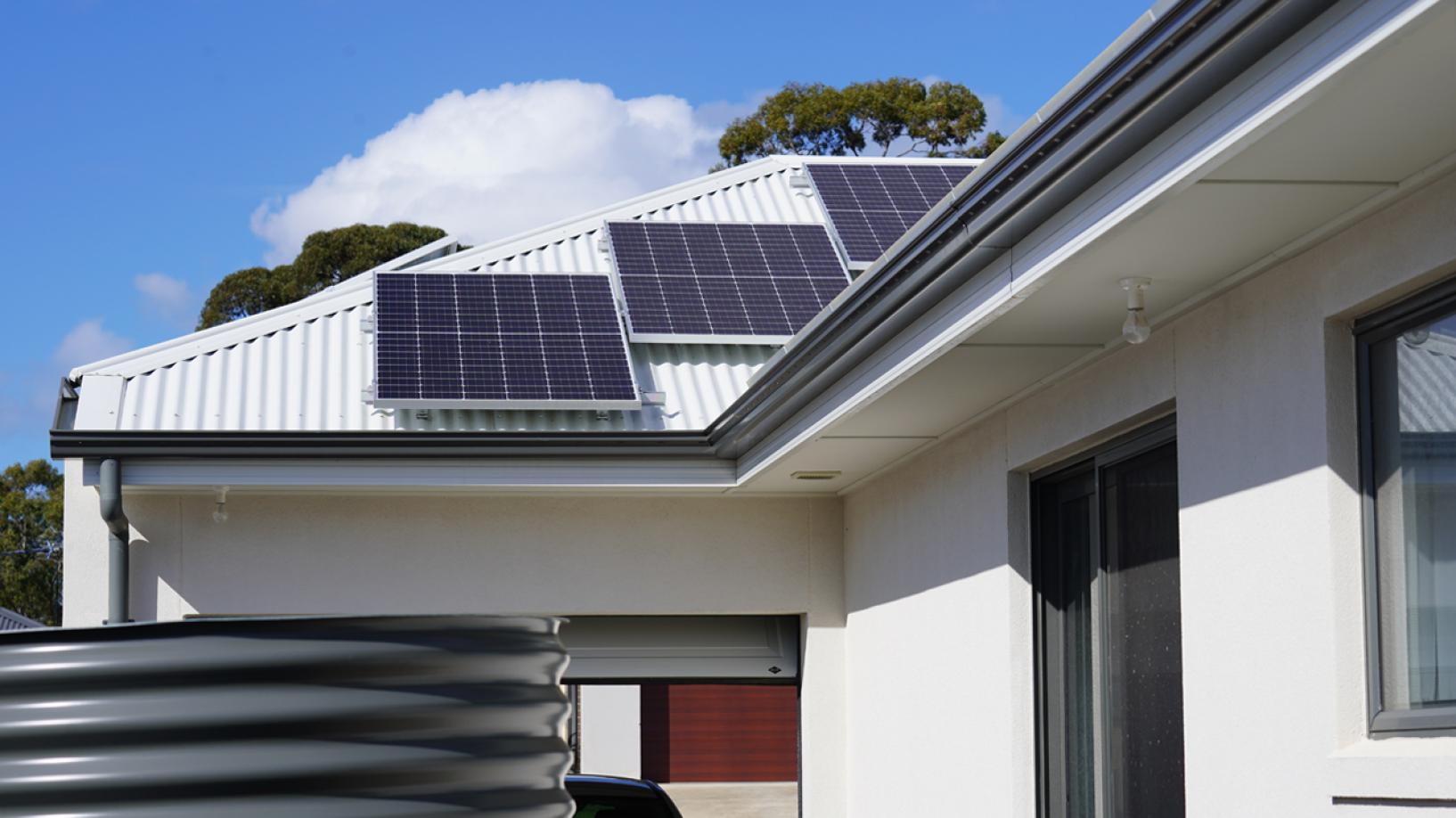We commissioned CutlerMerz to develop a framework that can help decision-makers create and maintain a social licence and, in doing so, improve consumer acceptance of DER integration policies and programs and create value and trust for owners as well as the community as a whole. Read the full report here (PDF, 1.38MB) or register for our upcoming webinar on March 23, 2021 here.
Households and small businesses are at the vanguard of the energy transition in Australia, investing in new distributed energy resource (DER) technologies such as rooftop solar PV and batteries at incredible rates. In doing so, they are changing the whole electricity system. We are now rapidly moving away from the centralised grid, where electricity was generated by big power stations connected to homes and businesses via radiating networks of powerlines, to a far more distributed, decentralised version, where electricity is being generated by individuals enabled by these new technologies.
This is a profound shift, and governments and the energy industry are grappling with how to keep the system running safely and reliably, while making the changes necessary to connect and support millions of new DER. The nature of electricity systems where demand and supply must be balanced at all times means this is no easy task, being equated to redesigning a jumbo-jet while keeping it in the air.
One of the biggest challenges for governments and the energy industry is how control of DER should be managed or shared between the households and businesses that own the solar panels and other technologies, and the electricity market operators and networks, whose job it is to make sure they are operating safely as part of a bigger system.
Importantly, the question of control is not just a technical challenge, or a background infrastructure switch that can be managed behind the scenes by industry. In a world where households and businesses are relying on these technologies – to help cool their home on a hot day, charge their electric vehicle or simply to reduce their energy bills over the course of the year – how they are managed, whether that be turning them on or off, or up or down, matters.
Therefore, we engaged with CutlerMerz to develop a framework. Our aim was to inform thinking and help governments and the electricity industry engage with households and businesses to gain support and build the trust needed to manage privately-owned distributed energy resources in a way that delivers a win-win system for everyone.
We call this process ‘social licence’ and define it as ‘the permission provided by consumers to government or institutions to control their DER system, above and beyond that required by law.’ Our report discusses the analysis undertaken in detail and also provides a tool to help decision-makers create and maintain this social licence. In doing so, we believe consumer acceptance of DER integration policies and programs will markedly improve.
A social licence is important wherever private costs are being imposed on individuals – in this case consumers with DER. For voluntary DER control programs, having a social licence is likely to promote participation and potentially increased uptake of DER. For mandatory schemes, a social licence is likely to improve compliance and so reduce the costs associated with running the scheme.
The report argues that gaining and maintaining a social licence depends on two critical factors. First, customers must perceive that the benefit of DER control – both private and public – outweigh the costs being imposed on them. Second, policy makers, energy businesses and any third parties controlling customers’ assets must establish trust with customers and ensure the program benefits are distributed in a fair way. Controls which are designed according to a social licence, is a necessary first and critical step towards successful implementation.
To complement the report we will be hosting a free, live webinar on March 23, 2021 at 11am (AEDT).
Melanie Koerner, CutlerMerz, will outline the analysis underpinning the framework and our own Chris Alexander will then chair a Panel discussion with sector leaders including Violette Mouchaileh from the Australian Energy Market Operator, Jo Witters of the Energy Security Board, Vince Duffy from the Government of South Australia and Lynne Gallagher, CEO of Energy Consumers Australia. If you want to learn how to approach DER integration in more systematic and standardised way, to create value and trust for the owners as well as the community as a whole, register here now.
Download the full report Social Licence for Control of DER (PDF, 1.38MB) here.

